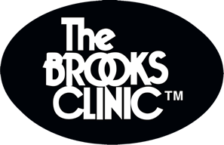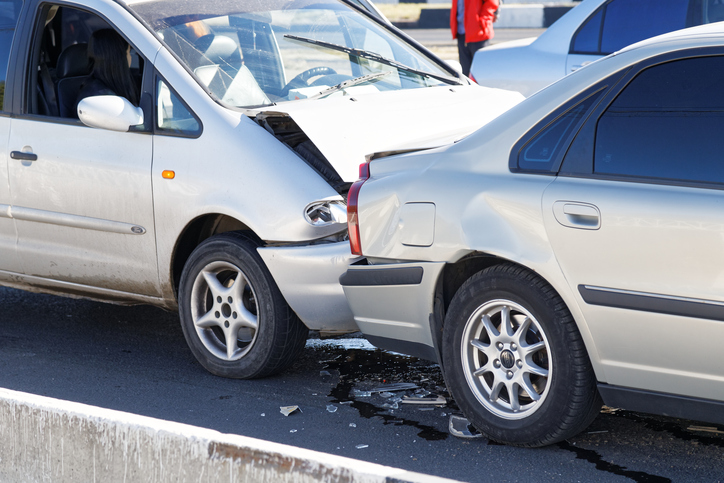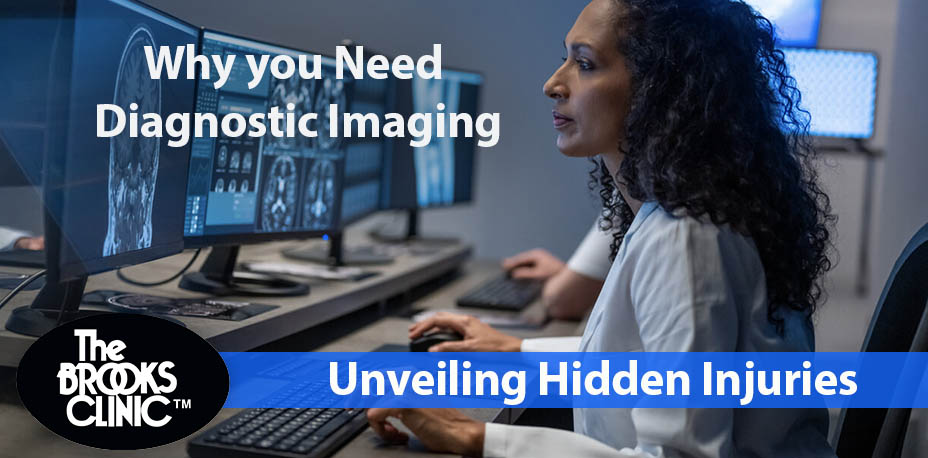While operating or as a passenger in a motor vehicle, one way to lessen the risk of possible injuries is to ensure you always wear a seatbelt, that your children are properly restrained according to their weight and age, and that your car is up to date on safety standards, as well as maintenance. Your brakes should be crisp, your airbags operational, and your line of vision clear. Of course, you should never be on your phone – texting or talking – and you should ensure you have proper eyewear to help you see and to avoid glare.
Even with all these precautions, you still can be in a rear-end collision, even if you are the most conscientious, cautious driver in the world. Whether you were forced to stop short, or someone behind you hit the brakes too late, rear-end collisions can leave you pretty banged up. Here are some of the more common injuries that can occur from a rear-end collision:
Bangs, Bumps and Bruises
A rear-end collision may result in you hitting something stationary in front of you, like another vehicle, a wall, or a building. Glass can shatter, your head could bang the dashboard or steering wheel, or you could get banged up, bumped and bruised from jolting around in your car.
Concussion
Concussions are usually caused by a blow to the head; however, they can also be the result of your head and upper body being shaken violently, which often happens during rear-end collisions and other car accidents. Some concussions are so traumatic that they cause you to lose consciousness, but most do not. In fact, it’s possible to sustain a concussion without even realizing it, however, if you are involved in car accident and hit your head hard, you will probably show symptoms, such as nausea, dizziness, impaired cognitive function, and slurred speech, early on. Concussions are categorized as a traumatic brain injury; if you are noticing symptoms see your medical professional immediately.
Herniated disc
Herniated discs are common injuries that are sustained during a rear-end collision stemming from the impact of the hit. Also known as a “slipped” disc, herniated discs occur essentially the cushioning between your vertebrae moves out of place. This can affect the when the nerves in your spinal column start to swell, causing your pain, or even numbness or tingling. A herniated disc may heal on its own over time, but it can be painful. The pain will be especially excruciating if a nerve is hit; if this is the case you may consider seeing a pain management doctor or orthopedist.
Whiplash
Due to the quick and sudden impact of a car accident, whiplash is incredibly common, and can be quite painful and affect your quality of life. When you see a car accident coming, you are more likely to tense up, allowing your body to be somewhat protected before the impact. In a rear-end collision, however, you are likely caught off guard. In these cases, your neck and head may be jolted much more aggressively than in other cases, causing more aggravation to your muscles and raising the likelihood of more serious neck and head injury. More than just pain in your neck, common symptoms of whiplash include not being able to turn your head (loss of range of motion), intermittent headache at the base of the skull, pain in the shoulders or upper arms and back, dizziness and increased fatigue.
Broken bone
Broken bones can happen from any accident, but they are incredibly common in the event of a car accident since there is so much unpredictability in your movement. With the deployment of an airbag, breaking your nose or another fracture of the face is quite common. When the impact of a rear-end collision pushes your body forward, you could also risk breaking your arm should it hit the dashboard or another hard surface. Knees often also are thrust into the console or dash area and can be broken or shattered.
Paralysis
While more rare, the severity of a spinal or brain injury will vary depending on the particular car accident. Should a rear-end collision cause major damage to your vertebrae, your spinal column or your brain stem, you could be left with paralysis. This certainly is worst-case scenario, but a very real possibility when your spine, which is incredibly vulnerable, is impacted by a collision.
A car accident can be a terrifying experience that can leave you banged up, bruised and in a great deal of pain. If you have been in a car accident and you think you may have been concussed, have a broken bone, or are feeling pain anywhere in your body, seek medical attention immediately.
The board-certified medical professionals at the Brooks Clinic specialize in treating all kinds of injuries, even those stemming from accidents. If you suffered from a car accident or any other traumatic event, contact us at 405-400-0877 for your consultation today.




